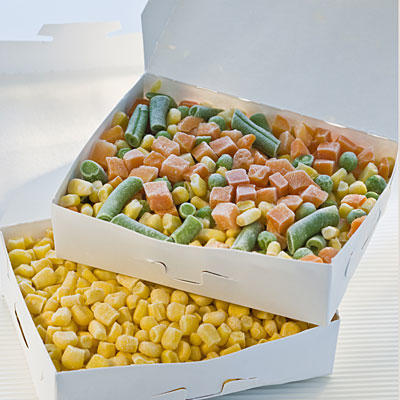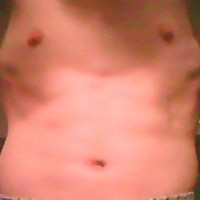Dont Diet - Lose Weight
When you give your body less energy (food) than it needs it will initially draw down the energy shortfall from your fat reserves and you will start to lose weight. But if you carry on like this your body is going to think that it might be killed by starvation. So it will adjust to these new circumstances and respond by adjusting your energy requirements so that you can function on a lower intake of food. But because your body's so smart it then goes one stage further and actively works at rebuilding your fat reserves so that you can't sneak up on it and try to starve it to death again.
It's a scary thought that whilst you are fighting hunger pangs, having withdrawal symptoms for your favorite meals and suffering the sheer boredom of a restricted diet your body is actively working against you because it is determined to put back the weight you have lost.The good news is that although you can't change your body's instincts and response mechanisms, with a little knowledge of how they work in different situations, you can use them to lose weight naturally and to maintain your target weight almost without realizing you're doing it.
You need to get some basic knowledge of how your body handles different types of food and match that to your lifestyle, to pinpoint the areas where you are in conflict with your body's pre-programmed responses. This will allow you to identify acceptably small changes, which you can sustain almost without noticing, that will really make a difference. For anyone who wants to lose weight and keep it off, it's best to gradually develop a pattern of good eating habits that can be continued for life.
Try this five-step approach to getting rid of those unsightly pounds.
1. Keep a note of what you eat and drink for the next three weeks. Don't cheat!
2. At the end of the three weeks measure and weigh yourself.
3. Set yourself a sensible target of what you want to weigh and measure in the future. (If you don't know where you are trying to go you will get lost along the way.)
4. Check your food notes for bad habits - missed meals, snacking between meals,bad food combinations, frequent processed food meals and excess alcohol or sugary drinks.
5. Reduce the frequency of bad habits. For example, if you can't resist snacking replace your usual snack with something healthy like fruit on alternate days. Or if your favorite meal is a cardiac surgeon's nightmare, save it for once a week rather than twice - you'll enjoy it all the more and it will only do half the damage.
Continue to make small adjustments to your favorite meals and eating patterns so that you progressively create good food combinations and eating habits. You'll find that not only will you shed those unwanted pounds but also eating will continue to be a pleasure.
Related Articles
-
Fat Burning Furnace - Fast Effective Workout for Those Who Have Little Time to Work Out!
Learn How to Lose 26 Pounds in 7 Weeks! On the hunt for a fast effecti
-
Getting to Know the Use of the hCG Drops
A lot of people are currently overweight or obese. The numbers are
-
Lose Belly Fat in 2 Weeks - The Best Diet to Shrink Belly Fat Easily, Naturally, & Lightning Fast!
Want to lose belly fat in 2 weeks without starving, without doing a mi
-
How to Lose 20 Pounds the Right Way
As many of us, you are probably someone that has tried many diverse
-
Lose Weight Using Orlistat UK
In today’s world, having a slim physique is associated with confid
-
Different Methods to Lose Weight
There were times when the main ways to lose weight is through exerc
- DON'T MISS
- Power Pops
- I Did It! My Body, Rebooted
- Diet Tips Of The Stars
- How to Shed weight and Keep it Off - The Hidden secret Shared!
- 7 Foods That Boost Metabolism
- Buy Online Organic Green Tea for Weight Loss
- Can A Massage Help In Losing Weight?
- The Every Other Day Diet - Quick and Easy Diets for Long Term Weight Loss!
- Proactol - Proven Alternative To Prescription Weight Loss Pills
- Do you know 5 Weight Loss Mistakes




